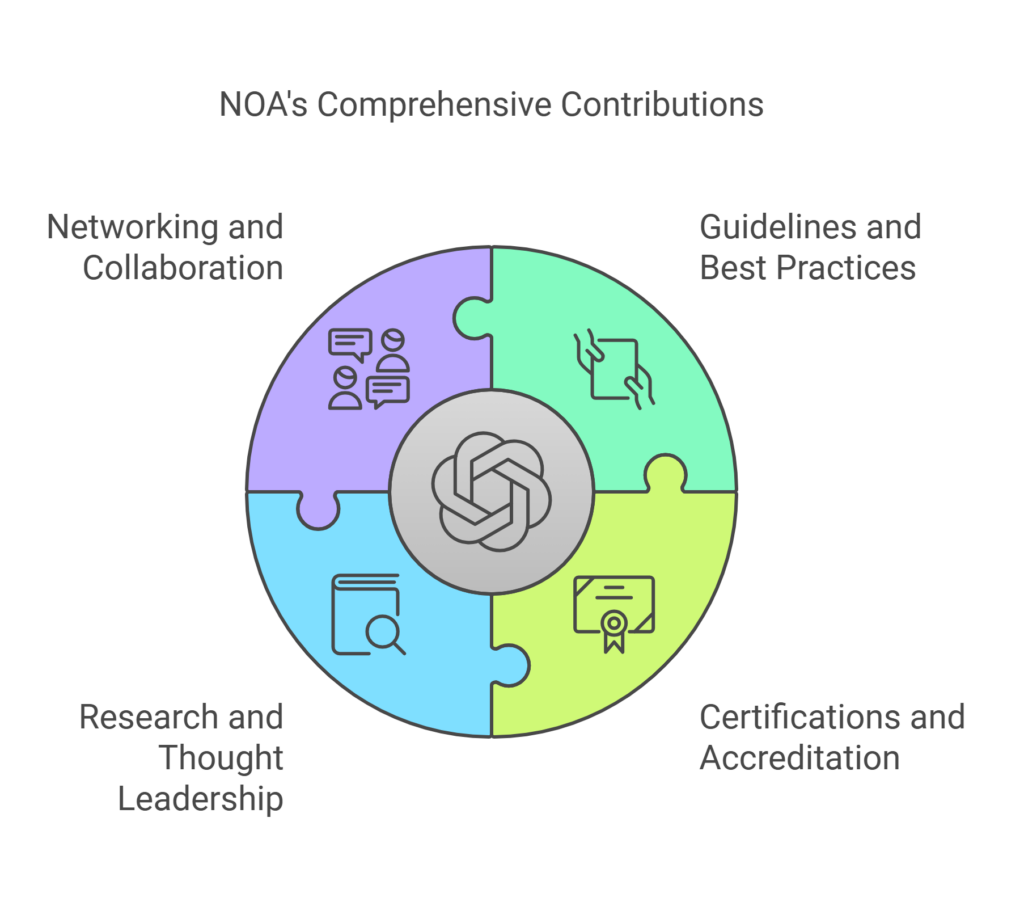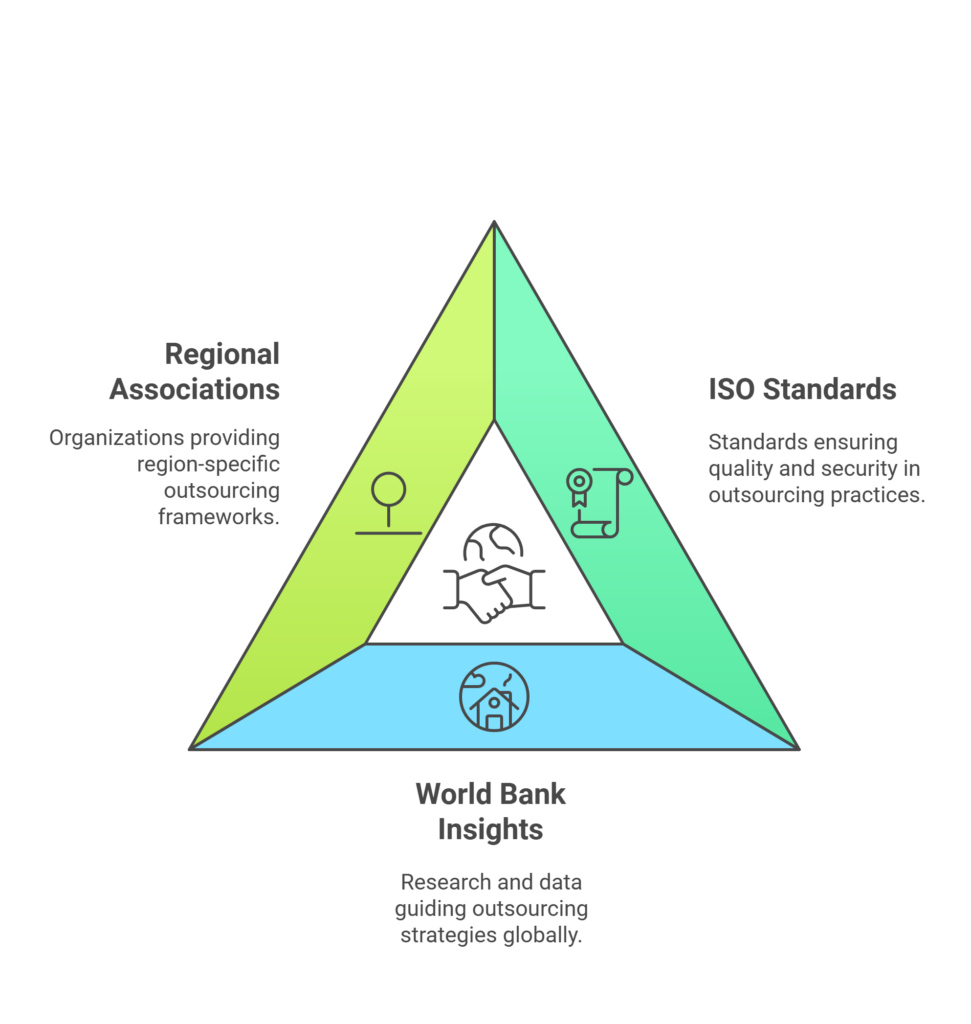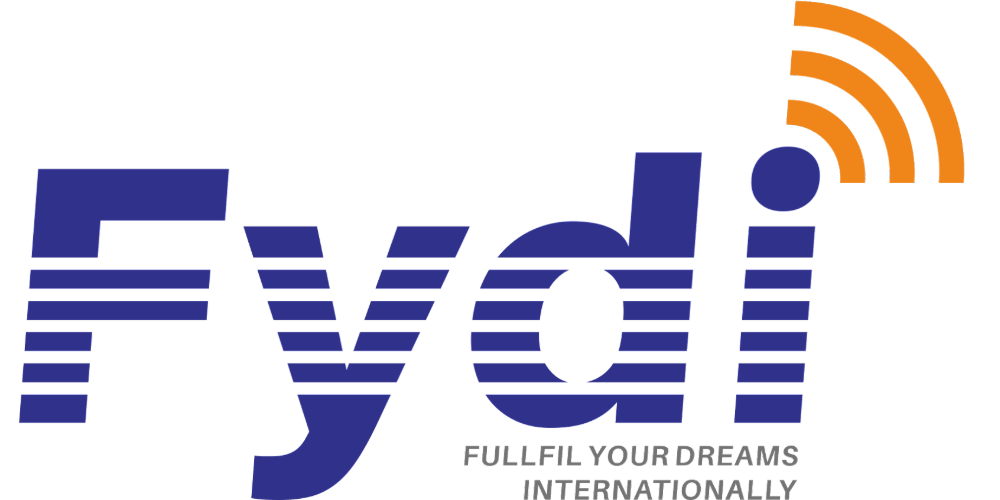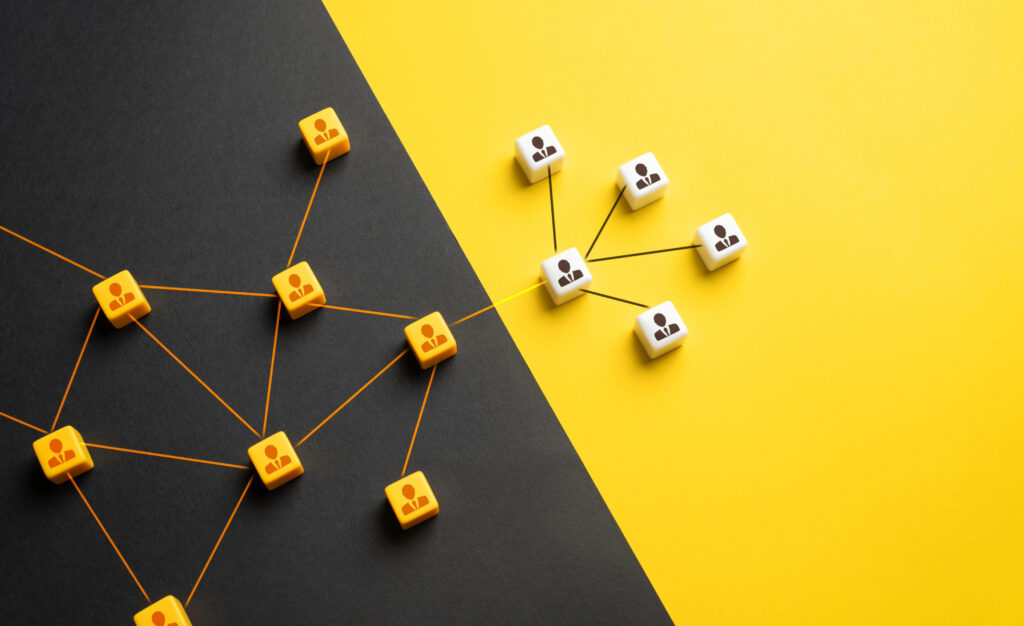In a dynamic global marketplace shaped by shifting regulations, technological advancements, and evolving customer expectations, the role of industry bodies in defining quality benchmarks and ethical frameworks has never been more critical. The National Outsourcing Association (NOA) stands as a key entity within this landscape, offering guidelines, certifications, and best practices that help organizations navigate complex outsourcing arrangements. By understanding the standards and insights provided by such associations, companies can identify reputable service providers, ensure compliance, and ultimately maintain a competitive edge.
To better appreciate how the NOA fits into the broader outsourcing ecosystem, revisit the fundamentals laid out in our Outsourcing Knowledge Hub: Definitions, Categories, and Industry Landscape. For context on service providers and industry players recognized by these bodies, explore the Spotlight on Providers: Shepherd Outsourcing, Strategic Outsourcing Inc, and The Outsourced Accountant. Additionally, strengthening your grasp of foundational terms at Outsourcing Meaning and Definition: Clarifying the Basics ensures you’re well-prepared to evaluate standards and best practices.
Understanding the Role of the National Outsourcing Association
The NOA (or its successor organizations and counterparts in various regions) serves as an authoritative reference point for outsourcing buyers, vendors, and industry stakeholders. By setting quality benchmarks, offering professional certifications, and conducting research, the NOA helps shape responsible outsourcing practices. It influences how contracts are drafted, how providers are vetted, and how performance is monitored over time.
Key contributions of the NOA include:
Guidelines and Best Practices:
From contract negotiation templates to supplier evaluation checklists, the NOA provides resources that encourage transparency, fairness, and consistency in outsourced relationships.Certifications and Accreditation:
Outsourcing suppliers that adhere to NOA standards may earn certifications signaling their commitment to quality, ethical conduct, and compliance. These credentials simplify the supplier selection process for businesses.Research and Thought Leadership:
Industry bodies conduct surveys, publish reports, and host events that highlight emerging trends, risk mitigation strategies, and innovative solutions. This research informs long-term decision-making and ensures that outsourcing models evolve alongside market realities.Networking and Collaboration:
Through conferences, workshops, and forums, the NOA fosters dialogue between buyers, providers, consultants, and policymakers. Such interactions help shape robust ecosystems where knowledge is shared, challenges are addressed, and best practices are refined.
Why Industry Standards Matter
In the absence of clear guidelines, the outsourcing market could become fragmented, with varying levels of service quality, security measures, and compliance efforts. Industry bodies like the NOA set a baseline of expectations and accountability, ensuring that:
Quality Assurance:
Service level agreements and KPIs established or endorsed by these bodies help maintain consistent performance across vendors and geographies.Risk Management & Compliance:
Standards ensure adherence to relevant regulations, from data protection laws to labor guidelines. By encouraging robust risk management frameworks, the NOA helps companies avoid costly compliance breaches or reputational damage.Improved Vendor Selection:
When providers align their services with NOA standards, buyers gain confidence in their capabilities. This alignment simplifies the RFP process, making it easier to compare vendors on merit rather than guesswork.Promoting Ethical and Sustainable Practices:
As global business communities grow more socially conscious, standards encourage ethical labor practices, environmental responsibility, and sustainability measures throughout the supply chain.
Integrating NOA Standards into Your Outsourcing Strategy
Adhering to National Outsourcing Association guidelines or similar international frameworks can substantially enhance the value you derive from outsourcing engagements:
Evaluate Providers Against Standardized Criteria:
Check if your prospective suppliers possess NOA-endorsed certifications or have been recognized by industry bodies. Such credentials indicate that the provider follows established norms and quality protocols.Implement Standard-Driven Contracts and SLAs:
Leverage guidelines from these associations when drafting agreements. Clear contract terms, measurable KPIs, and transparent communication channels rooted in best practices set the foundation for productive, long-term relationships.Benchmarking and Continuous Improvement:
Compare your vendor’s performance against NOA recommendations and best-in-class examples. Use these benchmarks to identify gaps, drive continuous improvement, and ensure your outsourcing model evolves over time.Ensuring Cultural and Operational Alignment:
Industry standards can guide you in aligning cultural values, operational workflows, and technology stacks with your outsourcing partners. This alignment enhances collaboration, mitigates misunderstandings, and improves overall outcomes.
Beyond the NOA: Global Standards and Trends
While the NOA sets country or region-specific benchmarks, international bodies and frameworks also shape the outsourcing landscape:
ISO Standards:
The International Organization for Standardization (ISO) develops international standards covering quality management (ISO 9001), information security (ISO 27001), and other areas relevant to outsourcing. Incorporating ISO guidelines assures clients that providers adhere to recognized global best practices.World Bank Insights:
The World Bank offers research and data on global business trends, economic policies, and emerging markets. Understanding these macro-level insights can help align your outsourcing strategy with broader industry shifts.Regional Associations and Councils:
Other organizations, such as the European Outsourcing Association (EOA) or the International Association of Outsourcing Professionals (IAOP), may provide frameworks tailored to specific geographies or industries, further refining best practices.
Aligning with NOA Standards and Your Organizational Goals
Simply adhering to external standards isn’t enough. To maximize their impact, integrate them into your corporate governance, risk management, and performance evaluation frameworks:
Internal Training and Awareness:
Educate your procurement, legal, and compliance teams on NOA guidelines. When employees understand the rationale behind these standards, they’re more likely to apply them effectively.Periodic Audits and Reviews:
Regularly assess your outsourced relationships against recognized standards. Conduct audits, solicit feedback from stakeholders, and involve third-party consultants if necessary. Continuous evaluation helps maintain alignment as your business grows and market conditions shift.Scaling Responsibly:
As you expand operations or enter new markets, leveraging NOA and international standards ensures you maintain quality and consistency, regardless of scale.
Conclusion: Ensuring Reputable Partnerships Through Industry Standards
The National Outsourcing Association and similar industry bodies play an instrumental role in shaping the outsourcing ecosystem. By providing guidelines, certifications, and research, they help buyers identify reputable providers, encourage ethical and sustainable practices, and ensure that quality remains a guiding principle in outsourced relationships.
Embracing these standards and aligning them with your internal policies and objectives paves the way for more reliable, transparent, and successful outsourcing engagements. In a complex global marketplace, such frameworks ensure that outsourcing remains a strategic asset rather than a risky endeavor.

